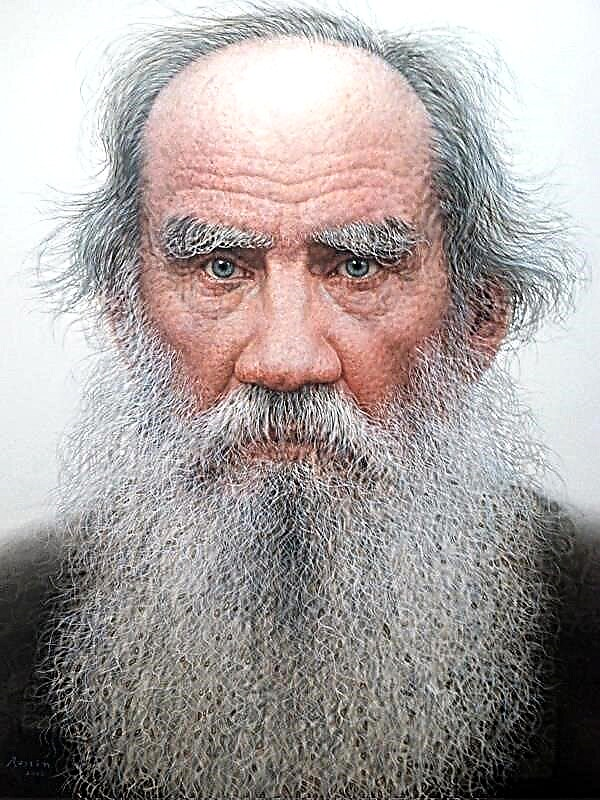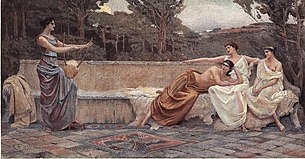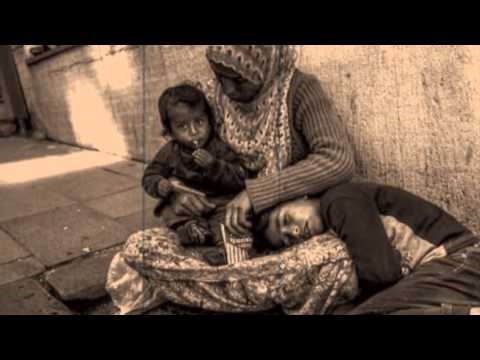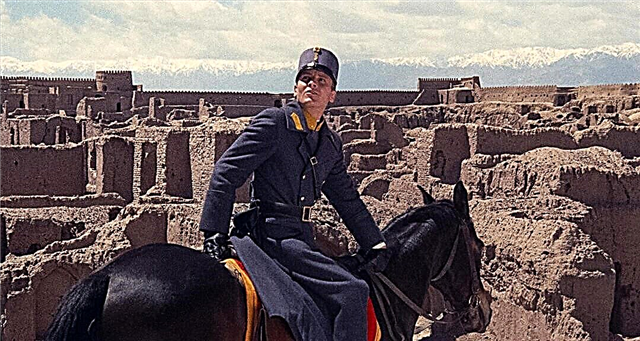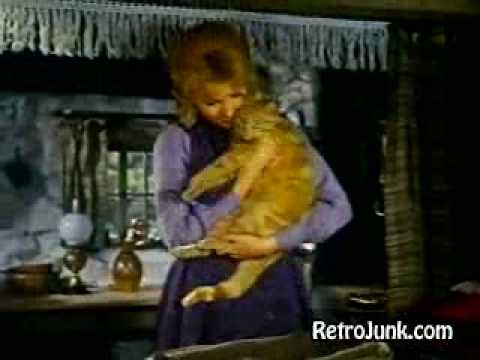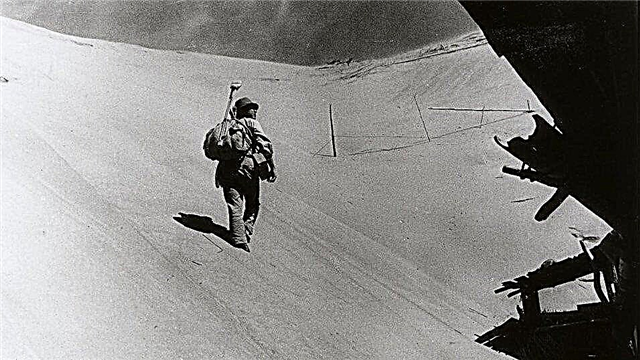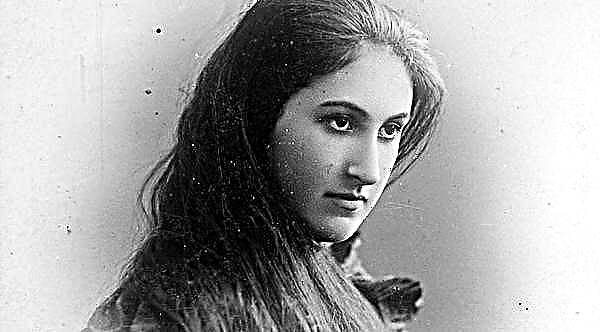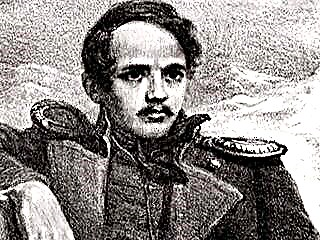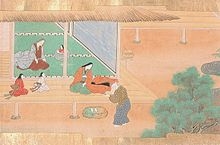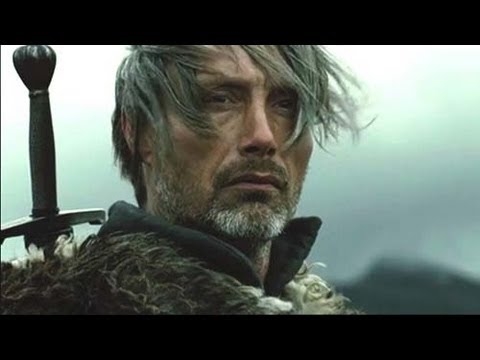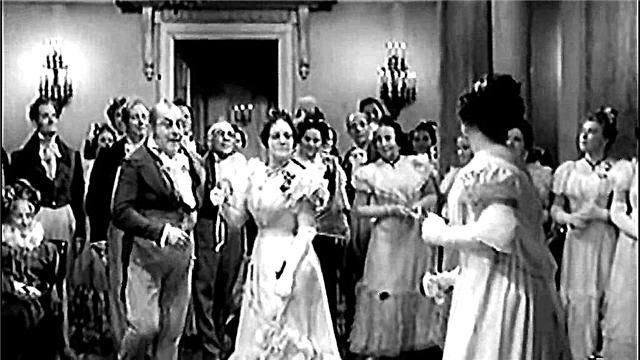Share
Pin
Tweet
Send
Share
Send
Having analyzed many texts to prepare for the exam in the Russian language, we identified the problems that are most often encountered in them. For each of them you will find a literary argument that is appropriate in meaning. All of them are available for download in table format, the link is located at the end of the article.
Responsibility for their actions
- Professor Preobrazhensky had to realize the measure of responsibility for his experiment from the story of M. A. Bulgakov “Dog Heart”. The hero gets an unexpected result - turning the dog into a person. Undoubtedly, at first Philip Filippovich was delighted at this outcome of events, because it was a discovery in the field of science and medicine. However, later, Preobrazhensky understands that one cannot go against nature, and the creature that he created cannot be fully called a man. The hero takes full responsibility for the result of the experiment. In order to make amends, he returns the dog to its original form.
- In the story of A. S. Pushkin "Captain's daughter" Pyotr Grinev feels responsible for his actions, because he does not want to change his principles. He remembers his father's instructions: "Take care of the honor from a young age." Even as an emotional and passionate young man at the beginning of the story, Grinev tries to think first, calculate the consequences, and only then act. This applies to relations with Masha and friends, the servant Savelich and enemies. For example, between saving a human life and obeying an order, he chooses the first, going to the rescue of Marya. He saved the girl, but ruined his military career and was arrested. He knew that he was risking, but nevertheless preferred to help the heroine out at the cost of her own position in society and even life, if she had not persuaded the empress to spare him. So, the protagonist of the story feels responsible for all his actions, and therefore comes out of all situations as a winner.
Irresponsibility
- In the novel by N. M. Karamzin “Poor Lisa” tells of an unhappy girl who committed suicide because of unrequited love. The subject of her admiration was an attractive young man named Erast. Despite the fact that he behaved rather selfishly, after the death of Lisa, he regrets that he was not next to her and could not prevent her death. He did not have the courage to choose true love, instead he preferred to marry a rich lady, because due to a craving for luxury and idleness, he became poor in order. All these immoral acts (Lisa's betrayal, marriage of convenience) were the result of his irresponsibility, which destroyed the lives of other people.
- Regrets about imperfect actions Eugene Onegin from the novel of the same name in the poems of A. Pushkin. In his youth, he acted too cruelly with the young and naive Tatyana, who trusted him with her feelings. The following years, he only had fun in the circle of high society, but did not find a girl who would become truly close to him. Only after many years did he realize how wrong he was in his youth, how selfish and frivolous he was. In the finale, he feels guilty for not taking Tatyana with great attention, and responsibility for having deprived her and herself of happiness.
Nurturing a sense of responsibility
- Nikolai Rostov, the hero of the epic novel L. N. Tolstoy "War and Peace", you can call a young man, because at the beginning of the work the character is described as a student of about twenty. In one of the episodes of the novel, Nikolai gives his father a promise not to play cards, but he soon loses a large sum. Despite the fact that the hero was ashamed to admit what he did, he found the strength to take responsibility and talk about breaking his promise to his father. Having gone through shame and guilt, he matured and realized that he should be responsible for his actions.
- Nikolenka, the protagonist of the trilogy of L. Tolstoy “Childhood. Adolescence. Youth", like all teenagers - a maximalist. He constantly analyzes his actions and those of others. Of course, during the formation of the character of the hero was an example of how he showed courage. We can say that he took the responsibility to become a good person when he drew up the "Rules of Life" and promised himself never to back down from his principles. He saw that many of his peers were concerned only with fleeting joys, but Nikolenka wanted to be more serious. Therefore, he decided to paint the rules by which he will play his whole life. So he cultivated moral qualities and achieved success.
Responsibility awareness problem
- The problem of awareness of responsibility can be traced in novel by F. Dostoevsky “Crime and Punishment” throughout the work. The protagonist kills an old percent-centric woman, then suffers for a long time from a rebuke of conscience and fear of exposure, but ultimately takes responsibility for her crime. However, criminal liability is not so important for the character. His inner experiences, torments of conscience come to the fore. At the end of the novel, Raskolnikov confesses, talks about the terrible crime of Sonya, in order to get rid of the solitary conclusion of his thoughts. But only in the epilogue does he fully realize what happened and shoulder his cross.
- Pontius Pilate, the hero M. Bulgakov’s novel “The Master and Margarita”, nothing threatened, he could make a trial of his own free will and go unpunished. However, responsibility can not only be imposed by other people, it also gnaws a person from the inside. So, Pilate, feeling himself the main ruler of other people's destinies, makes a mistake by ordering to execute Yeshua. After his death, the procurator realized that he had given such an order not because Yeshua was really guilty, but only because Pilate did not personally like him with his free thought. In addition, the decision to crucify Yeshua was approved by other city officials, and the Roman protege did not want to aggravate relations with local authorities. But the responsibility for the murder of an innocent person did not let Pilate go, did not let him sleep, even caused ailments. In punishment, he received immortality and for thousands of years he has been aware of his guilt, tormented and regretting that decision.
Responsibility for other people
- The responsibility for society was felt by the lyrical hero poems by A. Pushkin "The Prophet". He is sure that God awarded him the opportunity to fulfill an important mission - “to burn the hearts of people with a verb”. Being a prophet, the creator is already responsible not only for his actions, but also for the whole nation. Such an acute sense of responsibility should be possessed by every person who gains a vocation in interaction with people.
- The protagonist of the story took on great responsibility M. Sholokhov "The fate of man", deciding to shelter an orphan Vanyushka. Andrei Sokolov, who, it would seem, lost the whole meaning of life in the war, is imbued with feelings and decides to help the boy, introducing himself as his father. Despite the fact that taking care of someone was also necessary for Sokolov himself, Vanya is the main character who needs help. The man took responsibility for the boy, for all his future. That is how the Soviet people took up the stand for peace in World War II.
- In the story of A. I. Kuprin “Lilac bush” Nicholas accidentally put a blot on the drawing, but assured the professor that it was a bush. However, the hero failed anyway. His faithful wife, Vera, feeling responsibility for the well-being of the family, planted a lilac in the place indicated on the drawing. So, Vera helped Nicholas solve his problems, restored his self-confidence. This type of responsibility for the common cause is the foundation of the family.
Professional responsibility
- In the story of A. P. Chekhov “Horse surname” all heroes are busy with anything but their direct responsibilities. The clerk is engaged in idle chatter with a general who does not correspond to his position at all, being a cowardly and driven person. The official, however, does try on the mask of a healer on himself and raises his teeth. All these people do not feel part of something important, do not have a calling, so their life is funny and empty. The author makes it clear that there will be no order in Russia until each of us learns to be responsible for our work. Of all the characters, only the doctor behaves with dignity, because he feels a professional duty and performs it.
- In the play by A. Chekhov “Three Sisters” the hero wants to become a professor, therefore, seeks to Moscow. He really has a talent for studying sciences, but, before realizing him, he marries Natasha, a modest and quiet person. However, after marriage, a woman takes the reins in her hands, and Andrei loses control over her fate. He is content with a boring job in a county town, because his family needs to be provided, and his wife needs more and more every day. Unfortunately, the hero did not have enough responsibility to serve as a vocation. Trying to get everything at once, he forever said goodbye to the profession of his dreams.
- In the work of A. Chekhov "Ionych" the hero became a doctor by vocation. However, having suffered disappointment in love, he became a callous, mercantile and boring philistine, forgetting about his sacred mission. The ambitious young man Dmitry Startsev degraded and became just a fat tradesman Ionych, who spends his routine days in order to get to the card table, hearty dinner and a container of alcohol. This man also behaved irresponsibly, taking, not being able, for what requires full commitment from people.
Responsibility for animals
- In the story of Leonid Andreev "Kusaka" people tamed a stray dog who settled in their summer house. At first, the animal did not trust anyone, biting and playing against children. This is explained by the behavior of her former owners, who abandoned her, and one person even hit the dog. However, new friends melted the ice in her heart. By the end of the summer season, Kusaka became manual. But she was abandoned again, there was no place for a dog in the city, and she was again left alone. Unfortunately, not all people are able to bear responsibility for those who are tamed, and because of this, animals run wild, forming the problem of stray dogs. It is these "owners" who are guilty of the fact that the unfortunate dogs are sick and starving, frightening passers-by in the streets.
- In the work of I. Turgenev “Mu-mu” Janitor Gerasim rescues a puppy from the water and tames it. A loyal and cheerful little dog grew up from him, who accompanied the owner everywhere. However, the serf peasant is also with the mistress, therefore, cannot be held responsible for the animal. When the lady gave the order to get rid of Mu-mu, Gerasim had to drown her. He did not want to leave the dog, hurt her, so he just killed her. But after that he arbitrarily left for the village, closed himself and never got any pets.
Share
Pin
Tweet
Send
Share
Send


